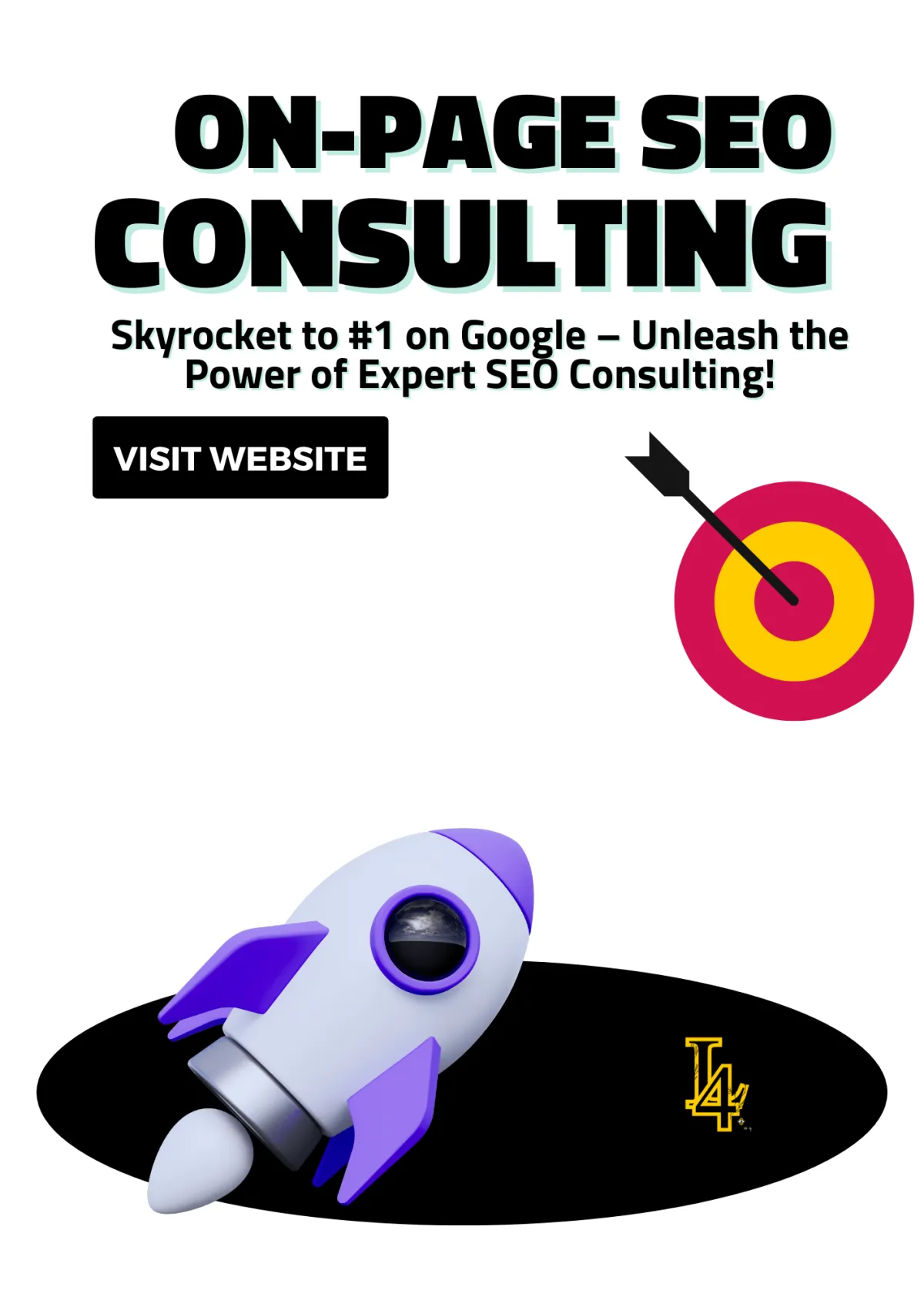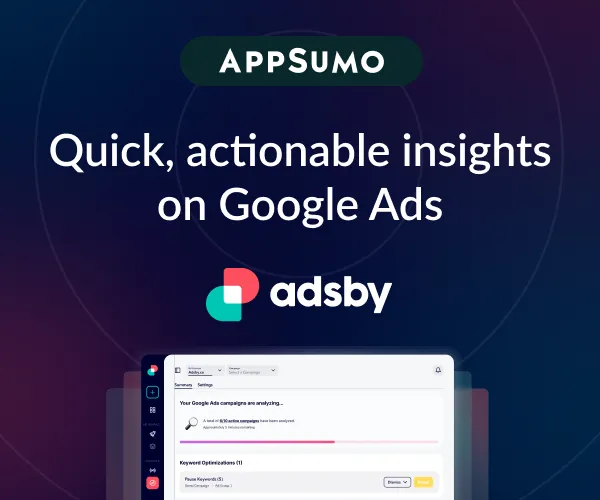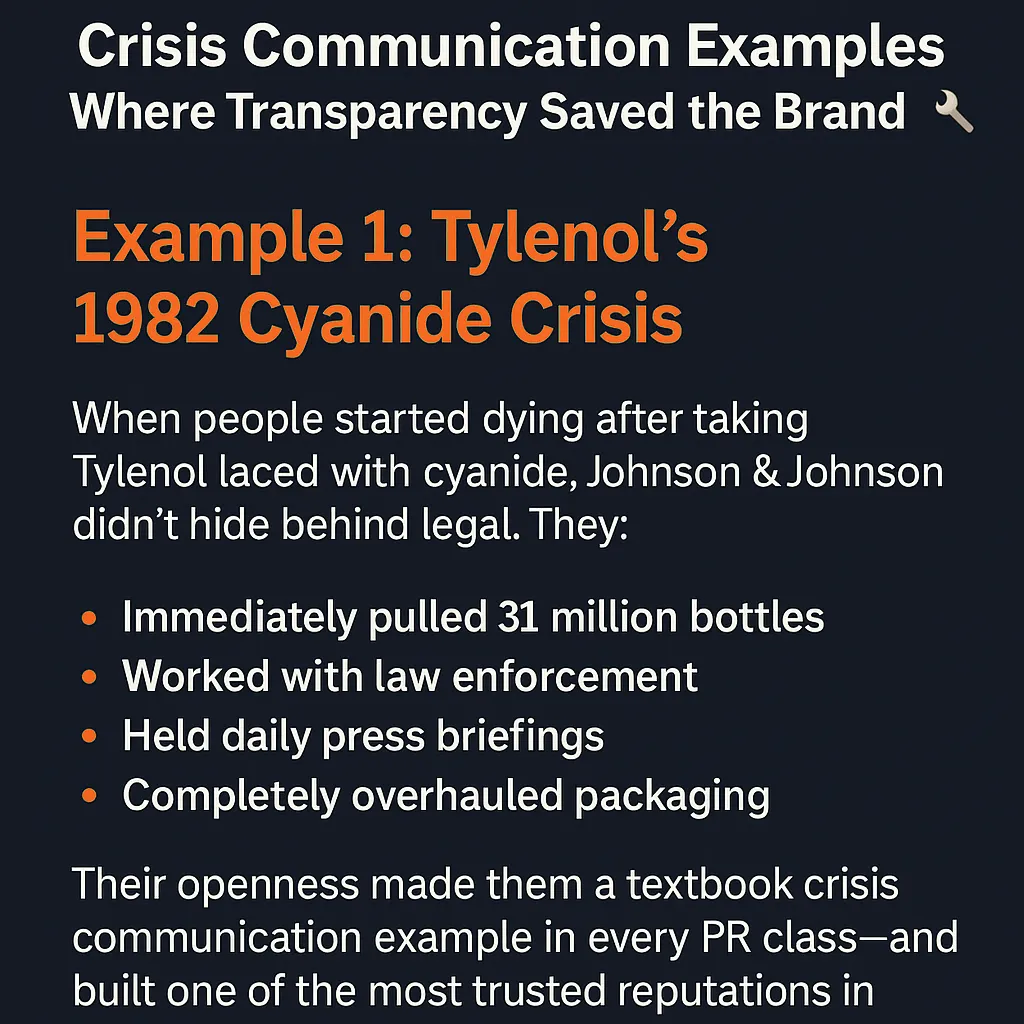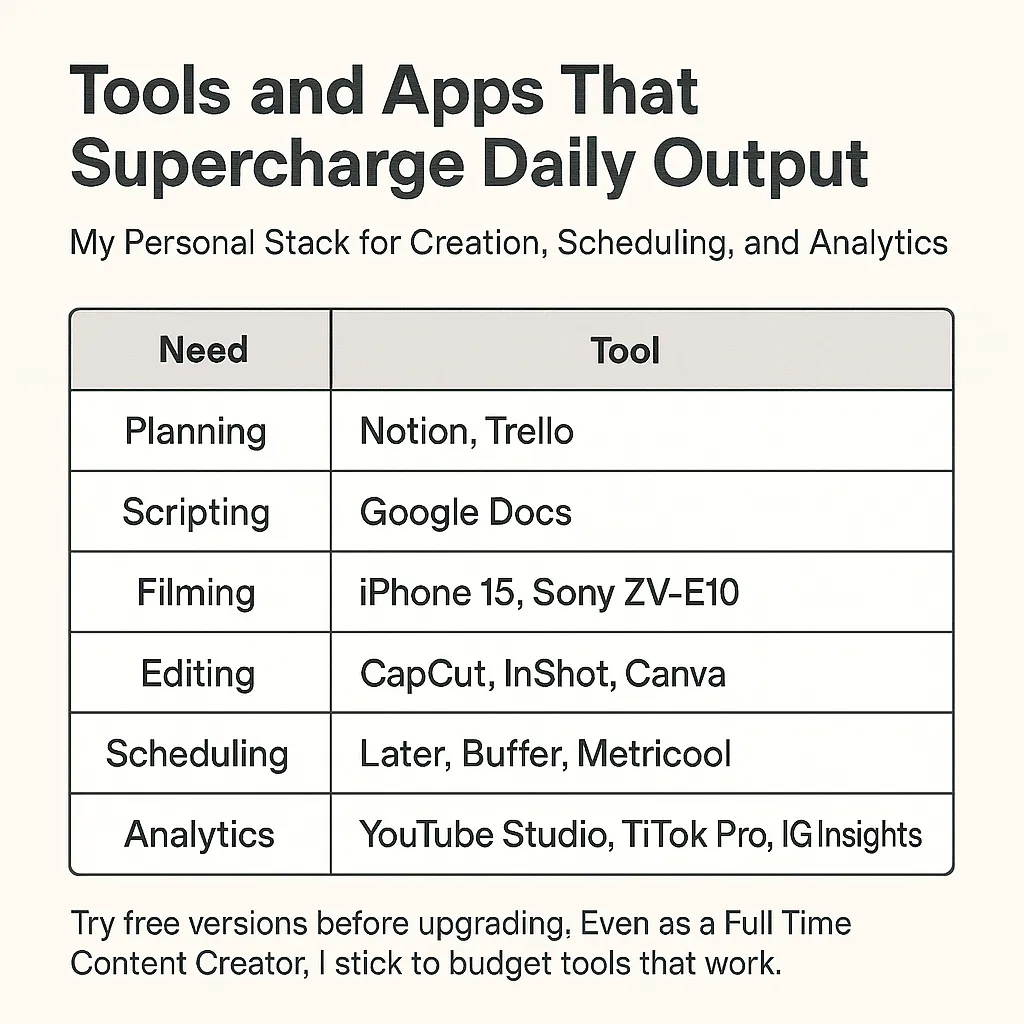
Automate Keyword Research: Simplify Your SEO Strategy and Drive Smarter Results
How to Automate Keyword Research for Smarter Content Creation
In my opinion Keyword research is a critical step in crafting content that ranks well and resonates with your audience. However, manual keyword research can be time-consuming and tedious. That’s where automation comes in! Automating your keyword research allows you to streamline the process, uncover high-value opportunities, and focus more on creating impactful content. Here’s a guide on how to automate keyword research effectively.
Why Automate Keyword Research?
Using automation saves time and enhances the accuracy of your keyword data. Here’s why automating keyword research can benefit your content strategy:
Faster Results: Analyze thousands of keywords in minutes.
Comprehensive Insights: Uncover trends, competitor data, and long-tail keywords with ease.
Improved Accuracy: Automated tools eliminate guesswork and provide reliable data.
Focus on Strategy: Spend less time researching and more time creating optimized content.
Step 1: Choose the Right Keyword Research Tools
The foundation of automating keyword research is selecting the right tools. Here are some top options:
SEMrush: A full-suite platform offering automated keyword suggestions, competition analysis, and SERP trends.
Ahrefs: Tracks keyword rankings, search volumes, and difficulty with powerful automation features.
Google Keyword Planner: Automatically generates keyword ideas based on your industry and location.
SpyFu: Automates competitor analysis by showing the keywords they rank for and their ad strategies.
Ubersuggest: Provides automated keyword suggestions, including long-tail opportunities and content ideas.
💡 Pro Tip: Combine tools to cross-verify data and gain a holistic view of your keyword landscape.
Step 2: Set Up Automated Reports
Most keyword research tools allow you to schedule reports and track metrics automatically.
Steps to set up automated reports:
Identify Key Metrics: Focus on search volume, keyword difficulty, and competition level.
Schedule Regular Updates: Receive weekly or monthly reports to stay on top of trends.
Integrate with Other Tools: Sync reports with platforms like Google Sheets or analytics tools for centralized access.
Why It Matters: Automated reporting keeps your keyword strategy updated without constant manual input.
Step 3: Leverage Competitor Analysis Automation
Analyzing your competitors’ keyword strategies is essential for staying ahead. Tools like SpyFu, SEMrush, and Ahrefs automate this process by providing:
Lists of keywords competitors are ranking for.
Data on their top-performing content.
Insights into their backlink strategies.
Why It Matters: Automated competitor analysis reveals gaps you can exploit to outrank rivals.
Step 4: Automate Long-Tail Keyword Discovery
Long-tail keywords are goldmines for targeting niche audiences and improving conversions. Automate their discovery by:
Using tools like Ubersuggest or AnswerThePublic to generate question-based keywords.
Relying on AI-driven platforms that predict trending queries in your industry.
Setting filters in tools like Ahrefs to isolate low-competition, high-value keywords.
💡 Pro Tip: Focus on intent-specific long-tail phrases like “how to automate keyword research for SEO.”

Step 5: Automate Keyword Grouping and Clustering
Organizing keywords into clusters helps you create structured content that covers topics comprehensively. Use tools like:
Keyword Insights: Automatically groups keywords by intent or topic.
SEMrush: Offers clustering features to organize keywords for content planning.
Excel or Google Sheets with Add-Ons: Use plugins to automate keyword sorting and categorization.
Why It Matters: Keyword clustering makes it easier to map content ideas and streamline your content calendar.
Step 6: Track Keyword Performance with Automation
Monitoring how your chosen keywords perform is as important as finding them. Automate this process by:
Using Google Search Console to track organic rankings and impressions.
Setting up alerts in SEMrush or Ahrefs for ranking fluctuations.
Using dashboards like Data Studio to visualize keyword performance trends over time.
💡 Pro Tip: Automating performance tracking allows you to tweak your strategy proactively.

Step 7: Integrate AI Tools for Advanced Insights
AI tools like ChatGPT or Jasper can assist in generating keyword-rich content ideas based on your automated research. They help you:
Develop titles and meta descriptions aligned with keywords.
Create outlines for optimized blog posts.
Expand keyword lists with AI-driven suggestions.
Why It Matters: AI-powered automation adds a creative edge to your keyword research and content planning.
How Automation Enhances Your Content Creation Workflow
Integrating automation into your keyword research streamlines the entire content creation checklist, from planning to execution. Benefits include:
Consistency: Keep your keyword strategy updated with minimal effort.
Relevance: Ensure your content aligns with real-time search trends.
Efficiency: Free up time for crafting engaging, high-quality content.
The Role of AI in Automating Keyword Research
Artificial intelligence (AI) is changing how we do keyword research! No more digging through tons of data by hand—AI tools make it faster, easier, and way smarter! These tools use machine learning and natural language to predict trends, suggest great keywords, and even check out what your competitors are doing. It's like having a super-smart helper for your SEO!
How AI Improves Keyword Research Automation
AI tools go beyond basic keyword suggestions, offering insights that directly enhance your SEO strategy. Here’s how:
Advanced Search Predictions
AI algorithms analyze user behavior to predict which keywords will gain traction. For example, tools like Clearscope use machine learning to generate keyword suggestions tailored to your audience and industry.Competitor Analysis

Platforms like SEMrush and Ahrefs use AI to scan competitors' content, identifying keywords that drive traffic to their sites. This helps you uncover gaps in their strategy and target untapped opportunities.Semantic Keyword Matching
AI tools such as SurferSEO analyze search intent to provide semantic keyword suggestions. For example, if you’re targeting “best laptops for students,” the AI might suggest related phrases like “affordable college laptops” or “student laptop deals.”Dynamic Content Suggestions
Tools like ChatGPT and Jasper can generate outlines, titles, and even blog content based on automated keyword research. For instance, if your primary keyword is “how to automate keyword research,” the AI can produce an optimized blog outline that includes related subtopics.
💡 Pro Tip: Use AI tools to discover long-tail keywords with lower competition but higher conversion potential, such as “AI tools for keyword clustering.”

Top AI Tools for Automated Keyword Research
Jasper: Generates content ideas and keyword-rich outlines for blogs, ads, and social posts.
Clearscope: Analyzes keyword relevance and provides optimization tips for higher rankings.
SurferSEO: Aligns content structure with top-ranking pages based on AI insights.
SEMrush and Ahrefs: Use AI to offer in-depth competitor analysis and real-time keyword data.
- Custom HTML/CSS/JAVASCRIPT
Automating Keyword Research for Trending Topics
If you want to Stay ahead of search trends is critical for creating content that drives traffic. Trends can emerge and fade quickly, making real-time analysis essential. Automating your keyword research for trending topics ensures you capture traffic during the peak of interest.
How to Identify and Leverage Trending Keywords
Use Google Trends for Real-Time Insights
Google Trends is a powerful tool for identifying what’s trending in your industry. Automate the process by setting alerts for specific terms or topics. For example, if “sustainable fashion” is gaining traction, you can tailor your content strategy to include terms like “eco-friendly clothing brands” or “how to build a sustainable wardrobe.”Monitor Social Media Trends
Platforms like Twitter, TikTok, and Pinterest are treasure troves for discovering trending topics. Use tools like BuzzSumo to automate trend tracking across multiple platforms. BuzzSumo can surface topics gaining popularity, allowing you to align your content with current conversations.Custom HTML/CSS/JAVASCRIPTAI-Powered Tools for Trend Prediction
Tools like Exploding Topics analyze search data to predict which keywords will trend before they hit their peak. This gives you a head start in creating content around these topics. For example, spotting the rise of “virtual reality in education” early allows you to dominate the keyword with targeted content.Leverage Seasonal Trends
Automate the identification of seasonal trends using tools like SEMrush. For instance, terms like “Halloween costumes” or “Black Friday deals” gain traction during specific months. By automating keyword tracking for these periods, you can plan and publish optimized content well in advance.
💡 Pro Tip: Pair trending keywords with evergreen content to keep your website relevant long after the trend has passed. For example, “Best Winter Jackets for 2024” can later evolve into a general guide for “Top Winter Jackets.”
Actionable Steps to Automate Trending Keyword Research
Set Alerts: Use Google Alerts or SEMrush to receive notifications for trending keywords in your niche.
Integrate Tools: Sync AI-powered tools like Exploding Topics with your content calendar.
Monitor Frequently: Automate daily or weekly checks for keyword trends to stay updated.
Optimize Quickly: Create and publish content promptly to maximize visibility during the peak of a trend.
Lists
List 1: Top AI Tools for Automated Keyword Research
SEMrush: Offers keyword suggestions, competitor analysis, and trend tracking.
Ahrefs: Excels in long-tail keywords and backlink opportunities.
Jasper: Generates keyword-rich outlines and content ideas.
Google Keyword Planner: Provides search volume and related keyword data.
Exploding Topics: Predicts emerging trends for early content creation.
List 2: Benefits of Automating Keyword Research
Saves time by analyzing large datasets in minutes.
Enhances accuracy with AI-driven suggestions.
Uncovers hidden long-tail keyword opportunities.
Provides real-time insights into search trends.
Helps optimize content for higher rankings and better ROI.
List 3: Steps to Set Up Automated Keyword Tracking
Choose a keyword research tool like SEMrush or Ahrefs.
Identify key metrics such as search volume and difficulty.
Schedule automated reports for regular updates.
Integrate with tools like Google Sheets or dashboards for tracking.
Analyze and refine keywords based on performance.

List 4: Ways to Automate Trending Keyword Discovery
Use Google Trends to monitor real-time keyword interest.
Leverage BuzzSumo for social media trend analysis.
Track seasonal keywords with tools like SEMrush.
Automate alerts for specific keywords with Google Alerts.
Analyze trending topics with Exploding Topics.
List 5: Common Mistakes in Automating Keyword Research
Over-relying on automation without manual verification.
Ignoring user intent behind the keywords.
Neglecting to target long-tail keywords with high intent.
Using outdated or irrelevant keywords in content.
Failing to monitor and adjust based on performance.
Custom HTML/CSS/JAVASCRIPTExamples
Example 1: Using AI to Discover Long-Tail Keywords
Scenario: A fitness blogger uses Ahrefs to find low-competition long-tail keywords like "best yoga mats for beginners under $30."
Result: The blog post ranks on page one, driving niche traffic to their site.
Example 2: Automating Trend Alerts
Scenario: An e-commerce store uses Google Alerts to monitor keywords like “Black Friday deals” months before November.
Result: They optimize landing pages early and secure top rankings by the holiday season.
Example 3: Competitor Keyword Analysis
Scenario: A fashion retailer uses SpyFu to analyze a competitor ranking for “affordable summer dresses.”
Action: They create a collection targeting “best budget summer dresses” and outrank the competitor.
Result: Increased traffic and conversions during the summer season.
Example 4: Seasonal Keyword Optimization
Scenario: A home décor store uses Google Trends to find rising searches for “Christmas tree ornaments” in August.
Result: They launch a collection early, rank high, and capture pre-holiday shoppers.
Example 5: Streamlining Content Creation with AI
Scenario: A marketing agency uses Jasper to generate content outlines for “how to automate keyword research.”
Action: Jasper creates a blog structure with subheadings and keyword suggestions.
Result: The agency publishes optimized content faster, driving more organic traffic.


















